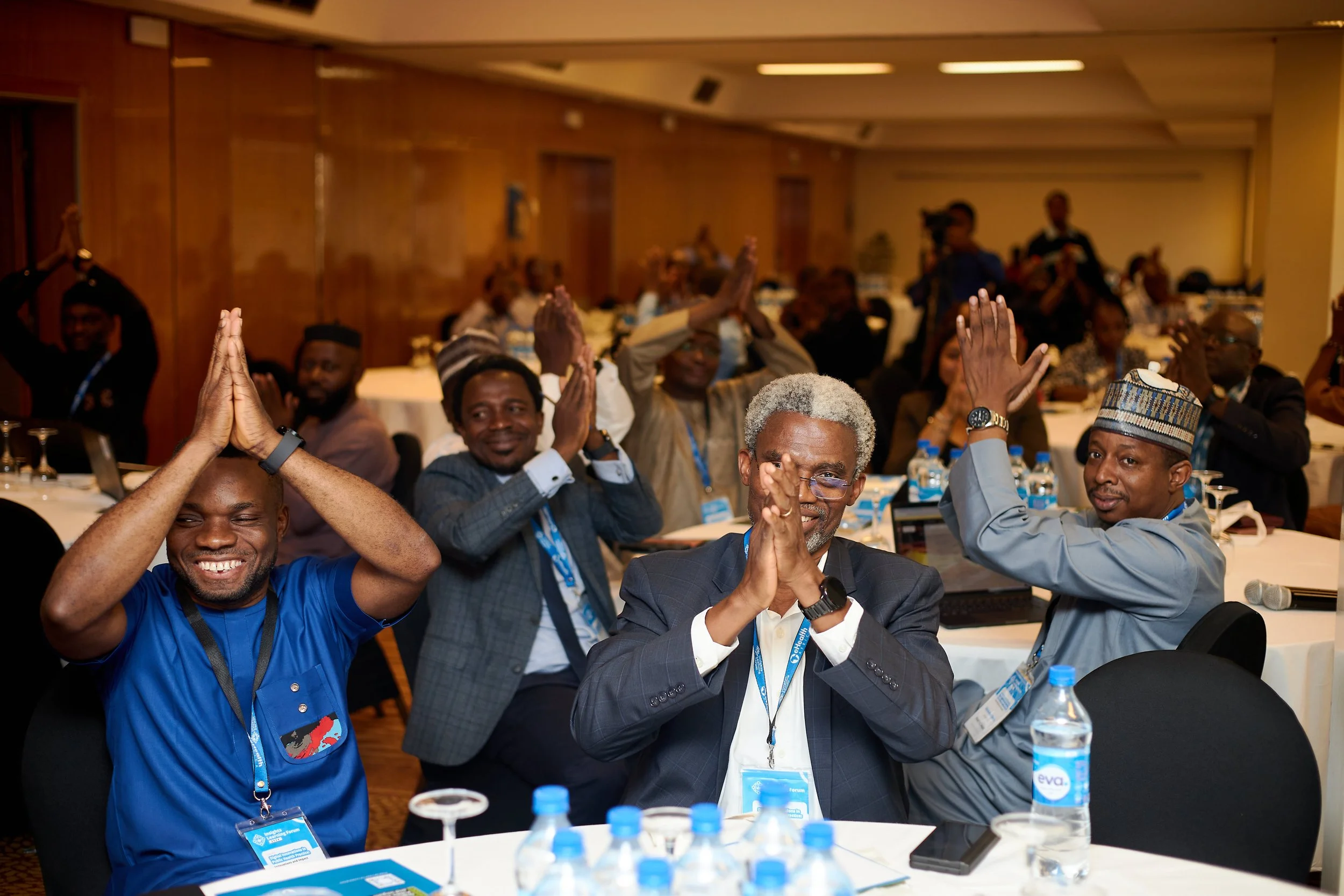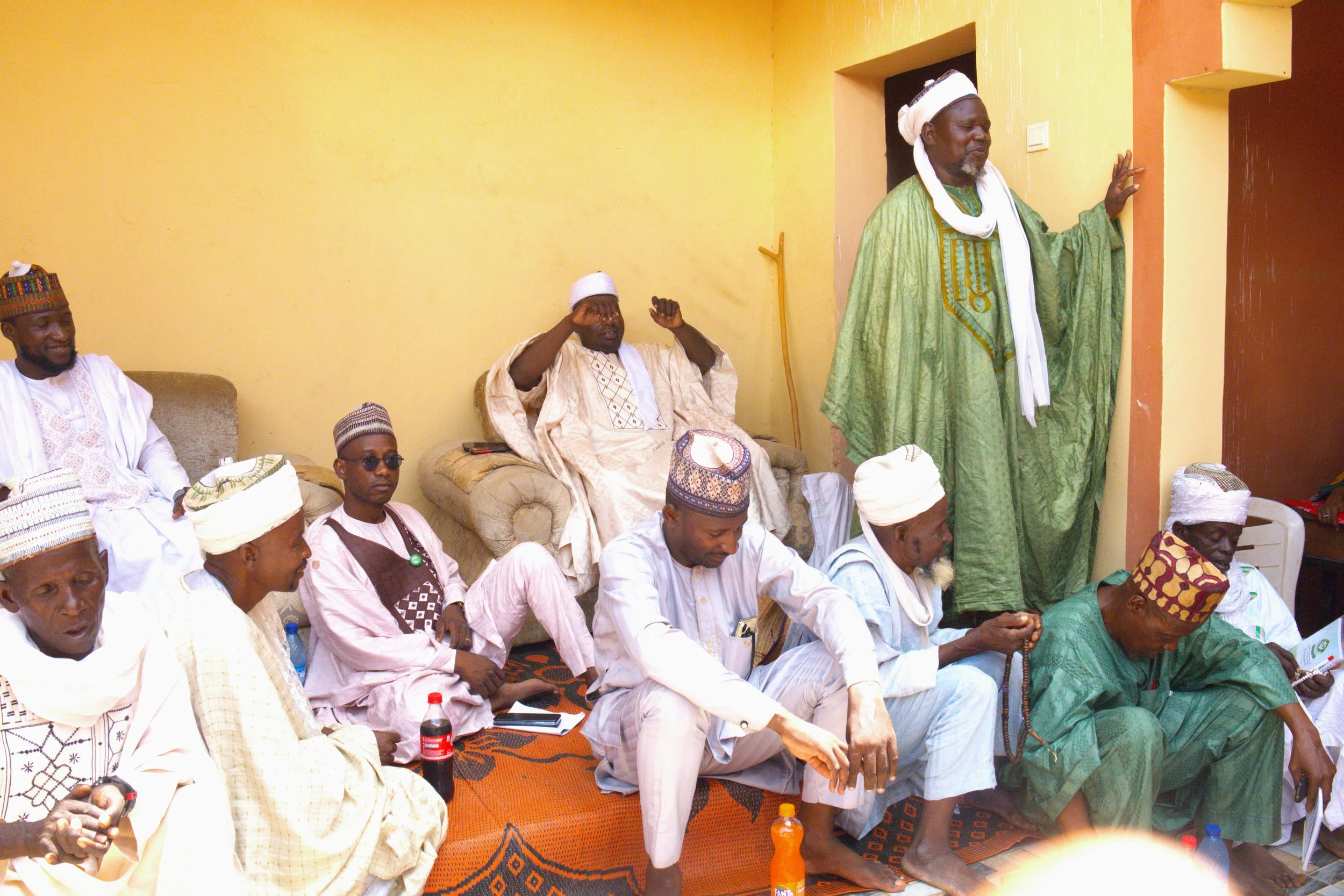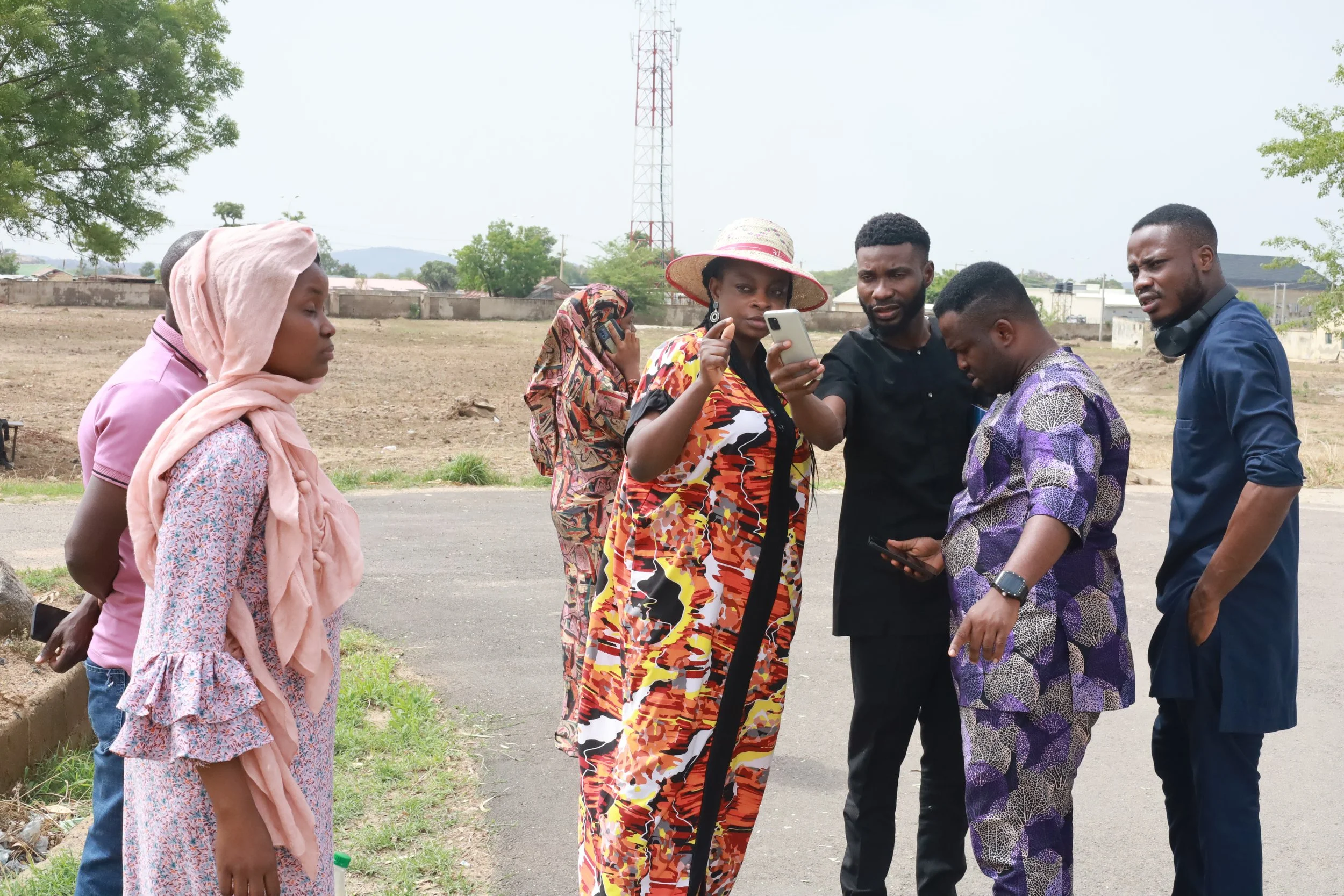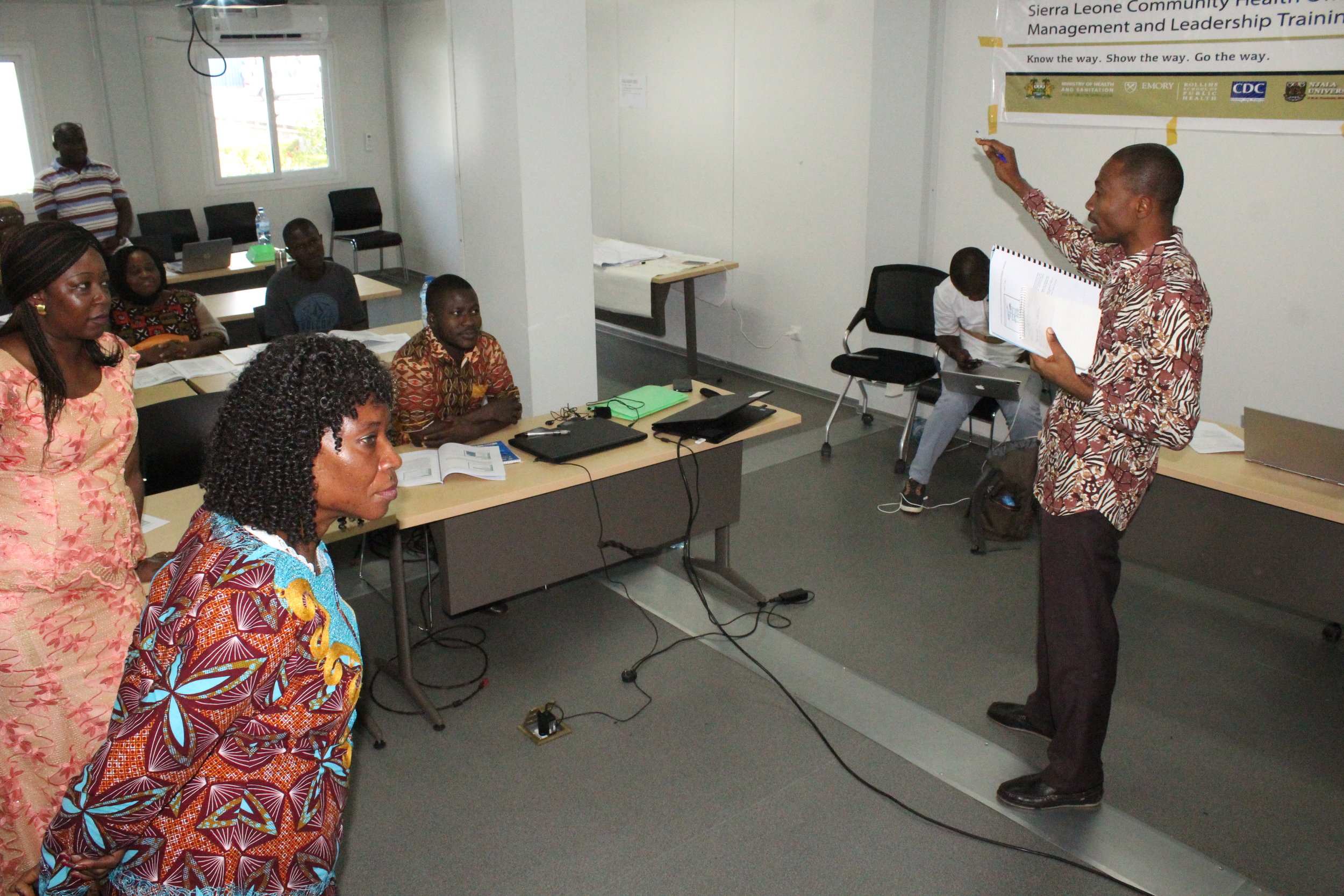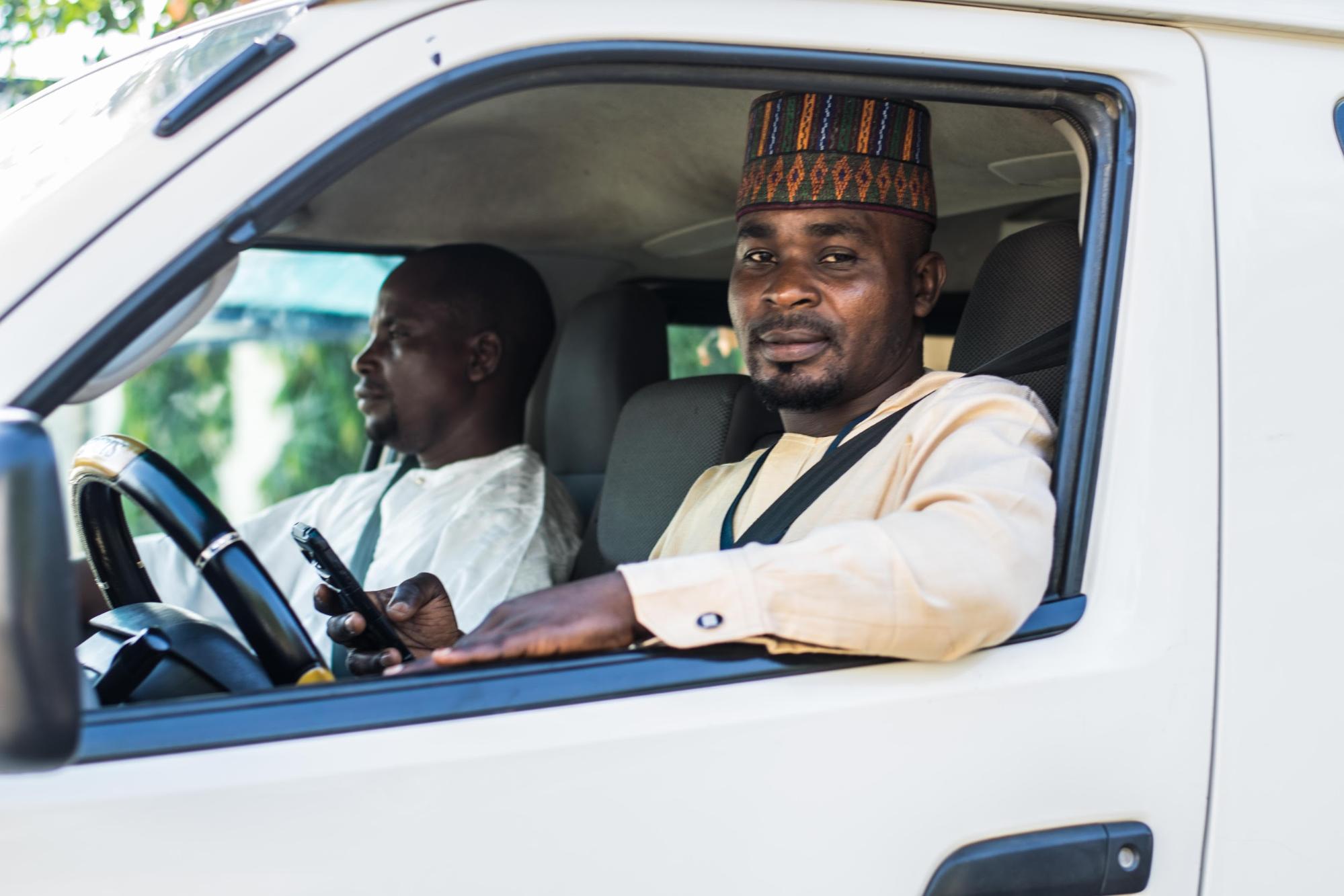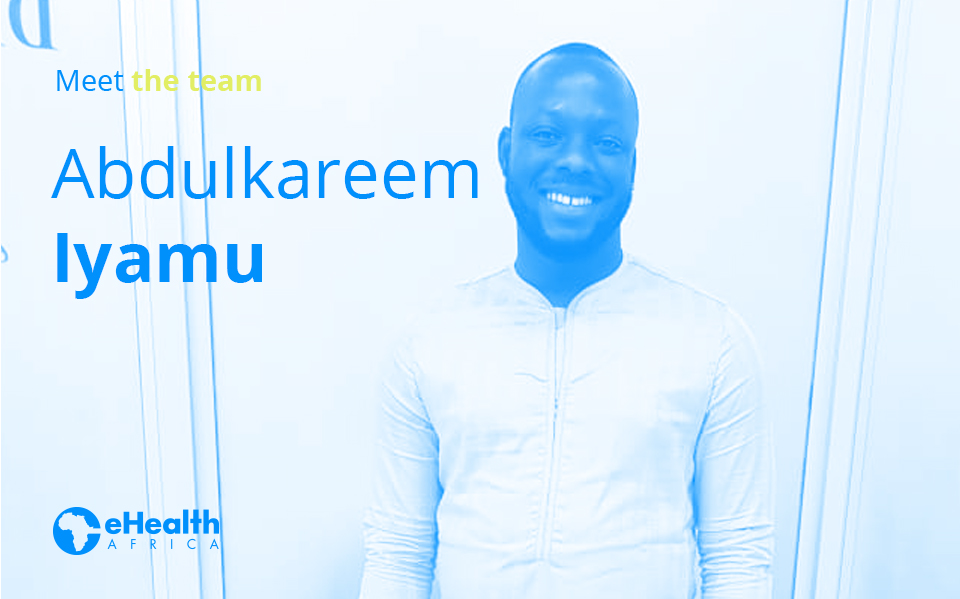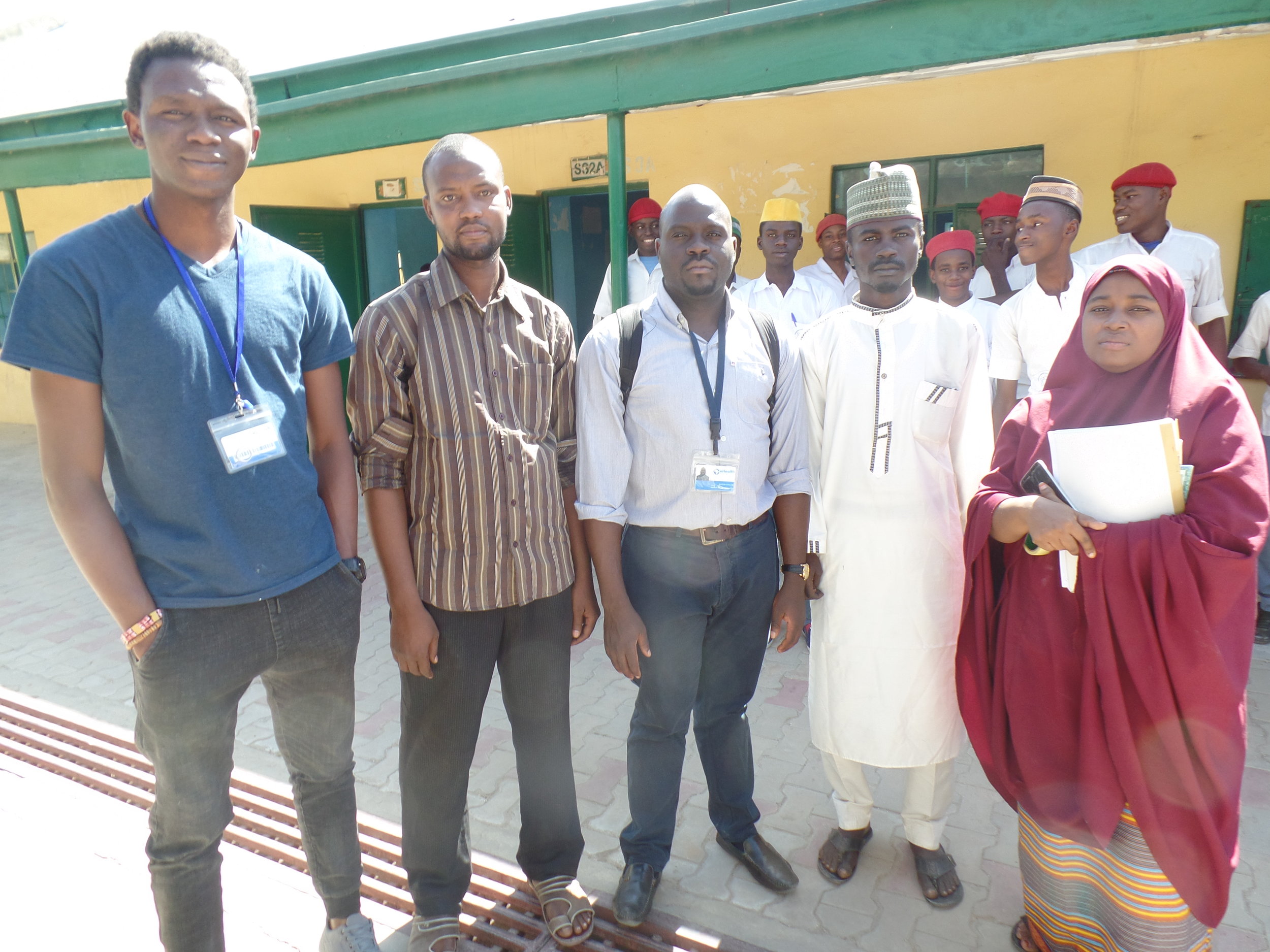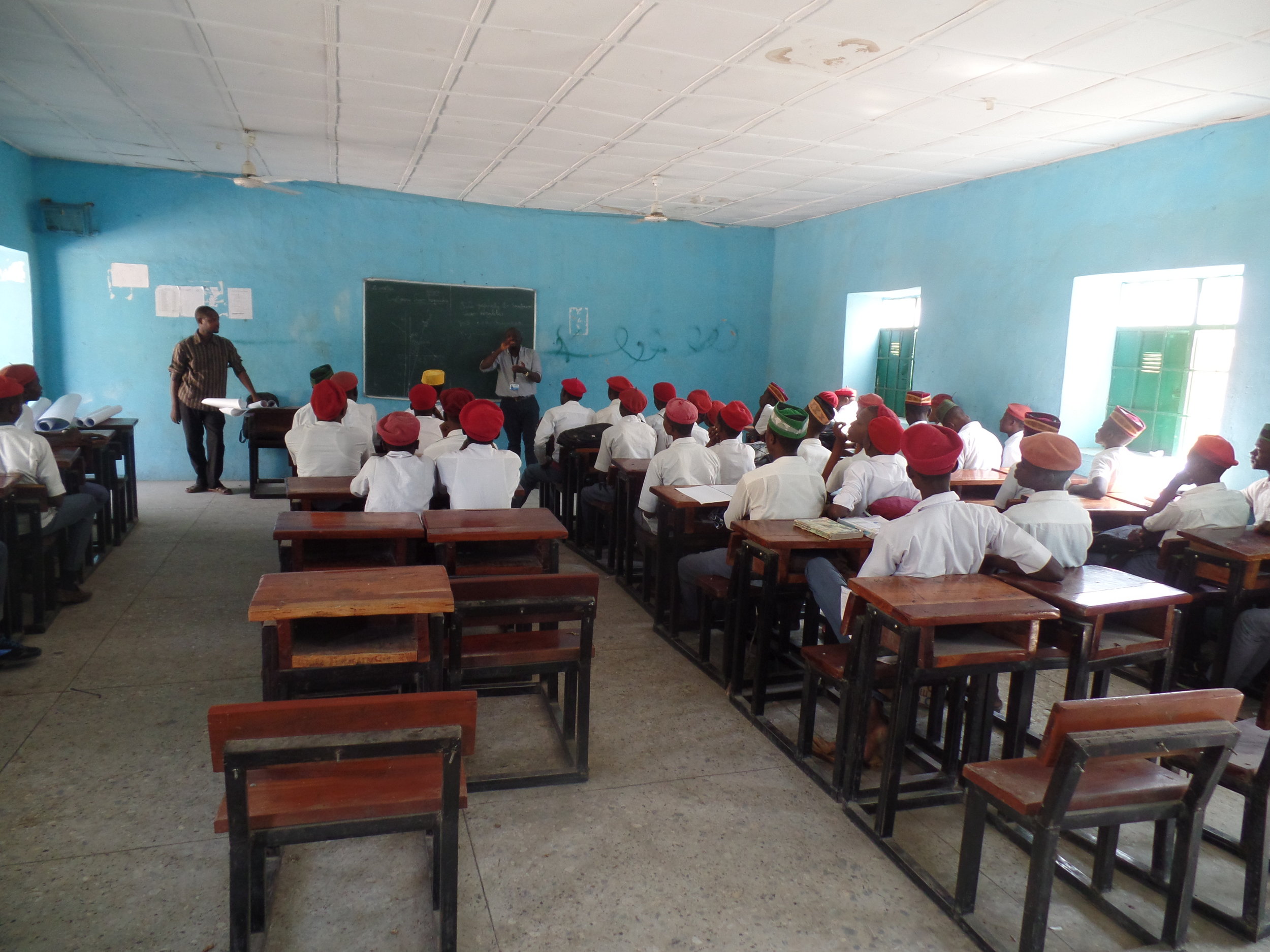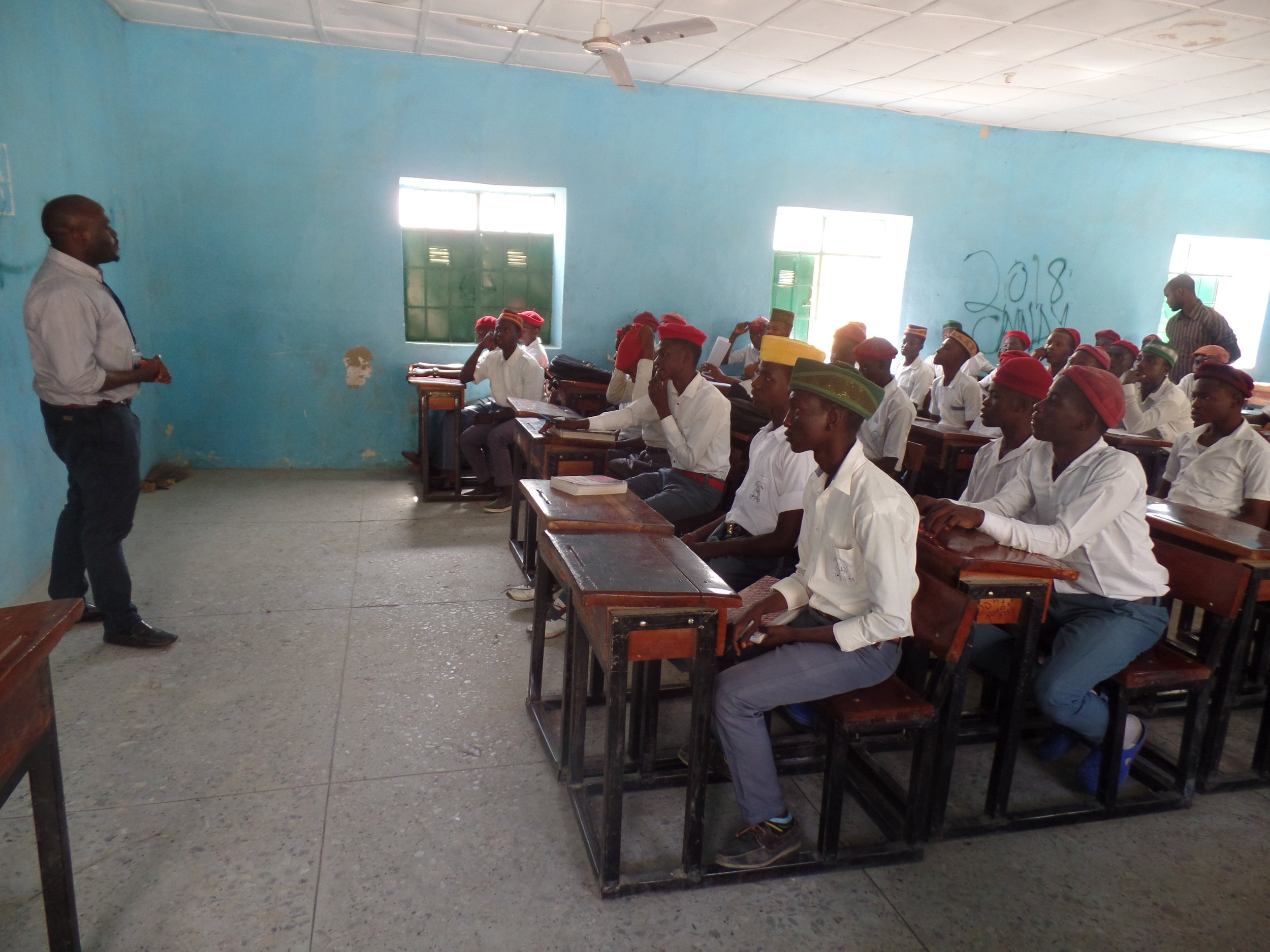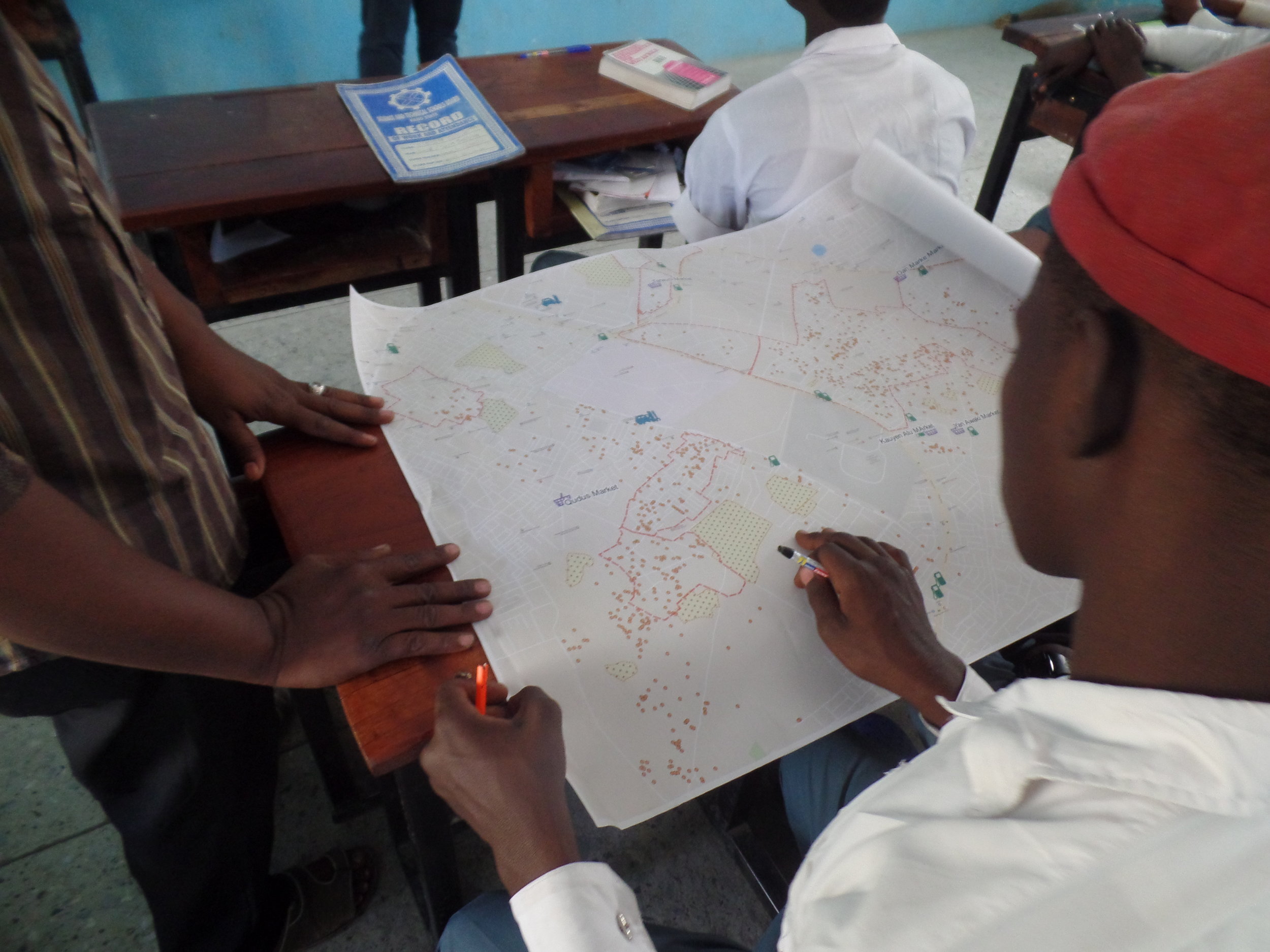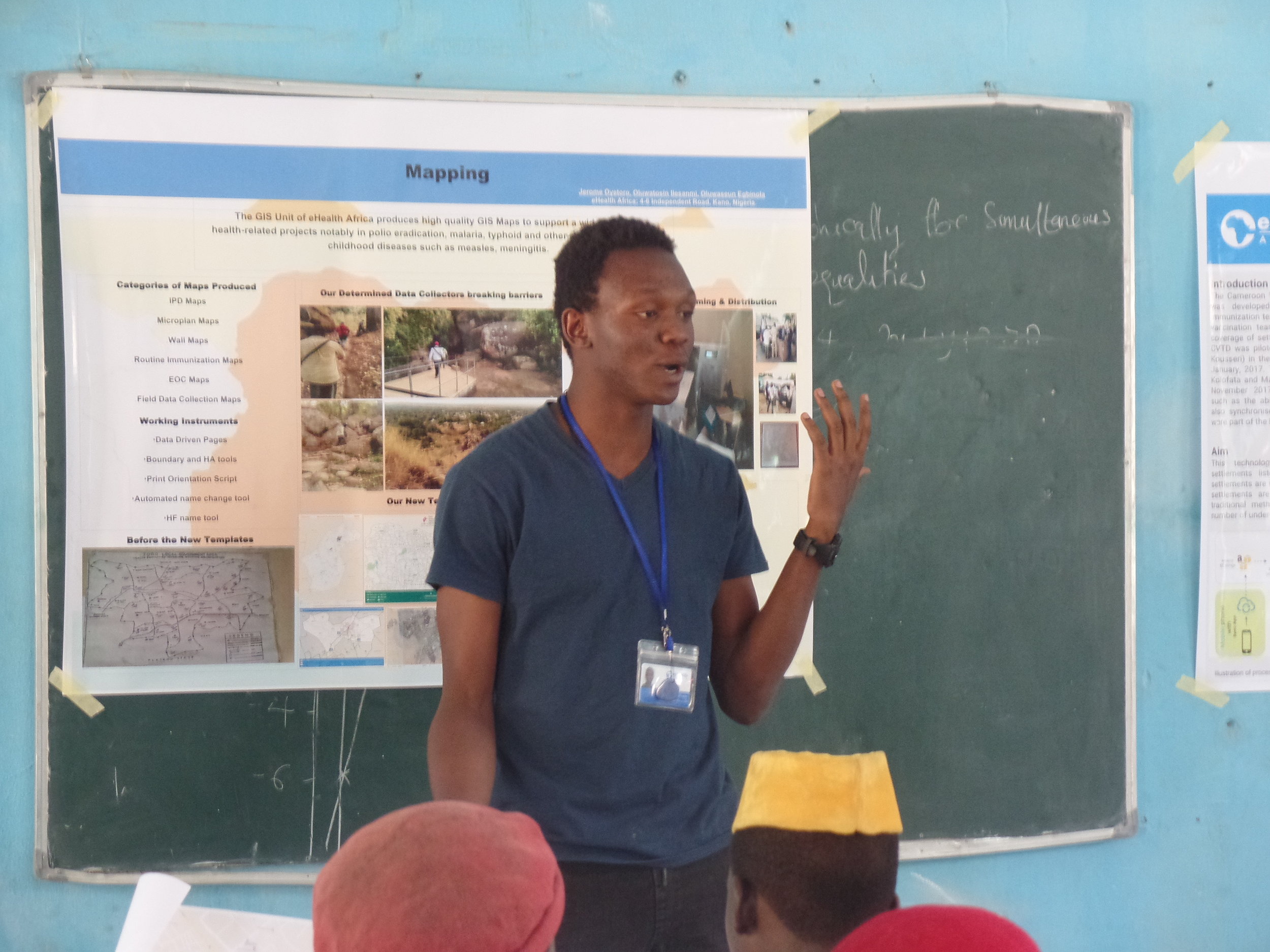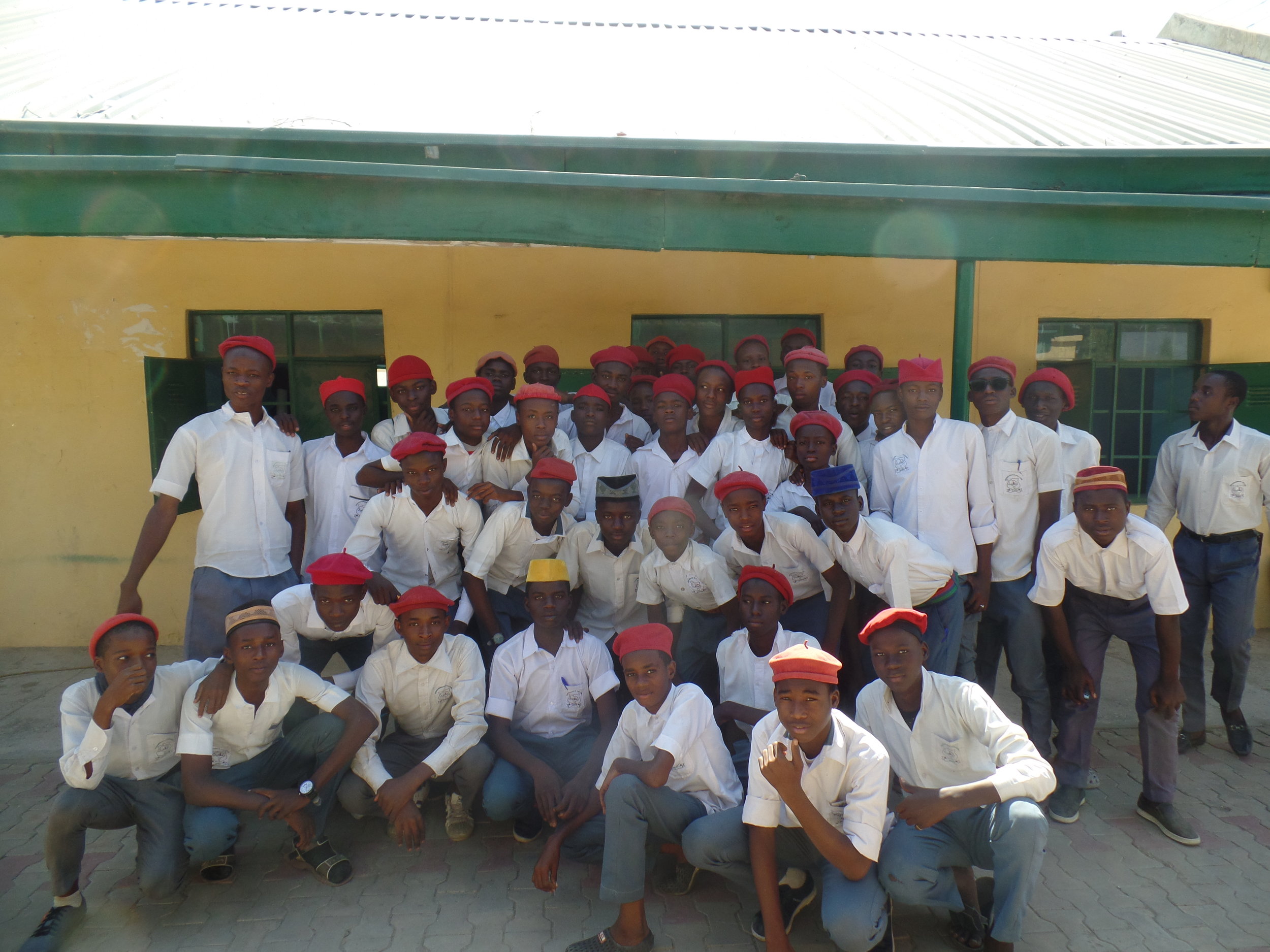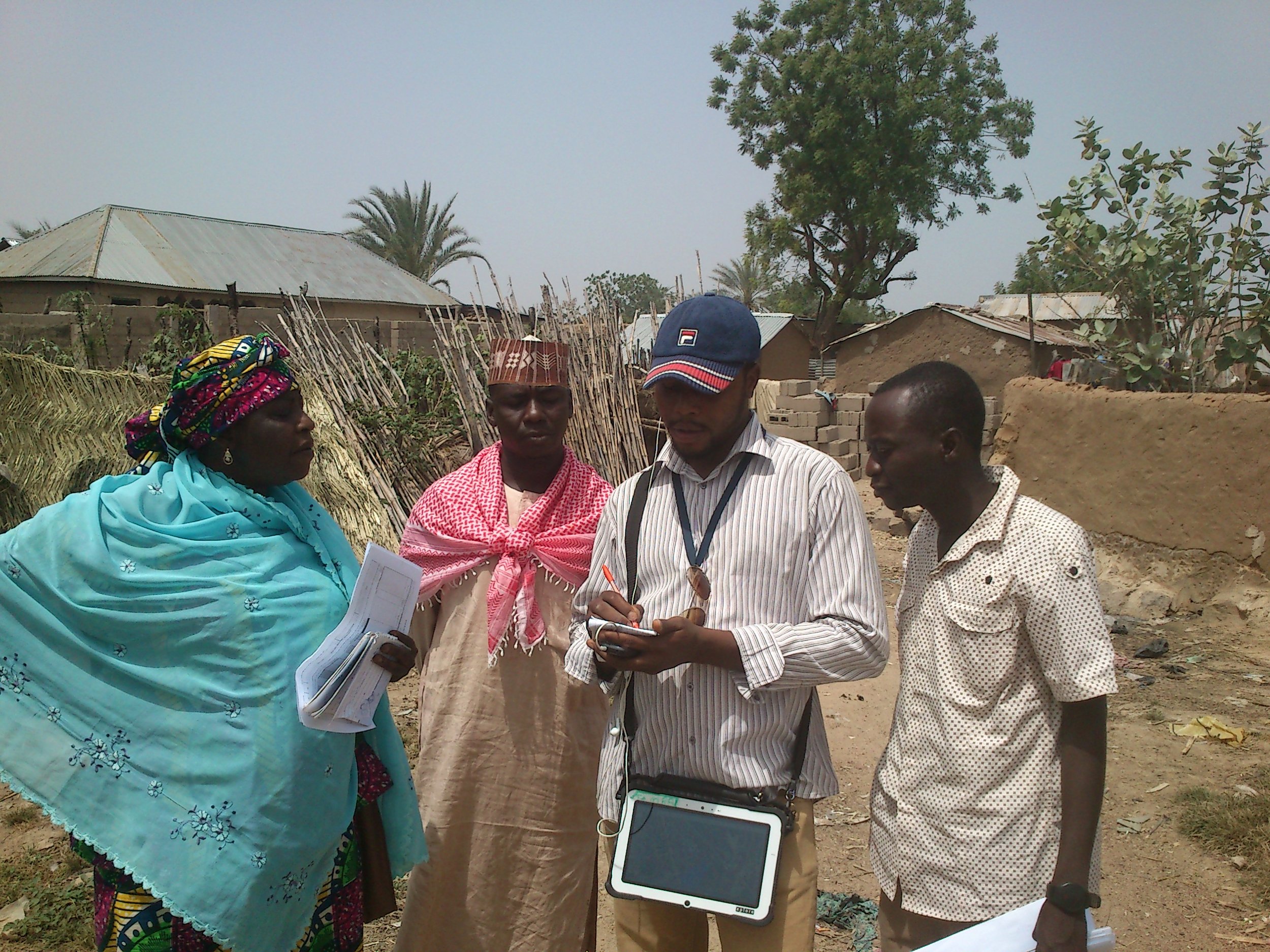Meet Sonia Khalil, the Procurement Supervisor in our Sierra Leone office!
Sonia joined eHealth Africa (eHA) over 4 years ago. Her role supports all programs and projects. She is responsible for procurement activities, including managing supplier contracts & relationships, managing efficient distribution of supplies in the supply chain cycle, and providing training internally to ensure good internal control systems. Sonia serves as the lead in the Operations team to ensure procurement processes and procedures are followed.
Sonia’s work with eHA has made her develop a strong international field experience in supply chain. This role has further made her diplomatic, cultural and gender sensitive. When Ebola broke out in Sierra Leone, Sonia had the opportunity of taking part in the Ebola Response Management System right from the beginning of the outbreak, where she served as the focal person for all logistical support for the organization.
During the U.S. Centers for Disease Control (CDC) Vaccine trial in 2015, Sonia also supervised the logistics, fleet and procurement staff in preparation and implementation of the project work plan to monitor supplies throughout the clinical trial at the time.
Sonia’s contribution to her team has been remarkable. She has established a good internal control system, provided training and coaching on best procurement practices, established proper procurement policy and templates, practiced with the team fair and transparent procurement structures.
Her greatest achievements have been: managing the initial set-up of the offices and providing a system for the rapid distribution of supplies and logistical support to the various emergency response centers in the districts during initial emergency stage in 2014; participating in program and emergency response strategy planning, participating in the development and deployment of policies for best practices.
Sonia won an award for Outstanding Non-Profit Professional Staff of The Year 2018. The award was presented by the Sierra Leone CEO council at the Golden Tulip Hotel, Aberdeen, Freetown, Sierra Leone.
We are happy and proud to have Sonia as part of our eHealth Africa team.
Would you like to be a part of our team? Click here to find out more.

